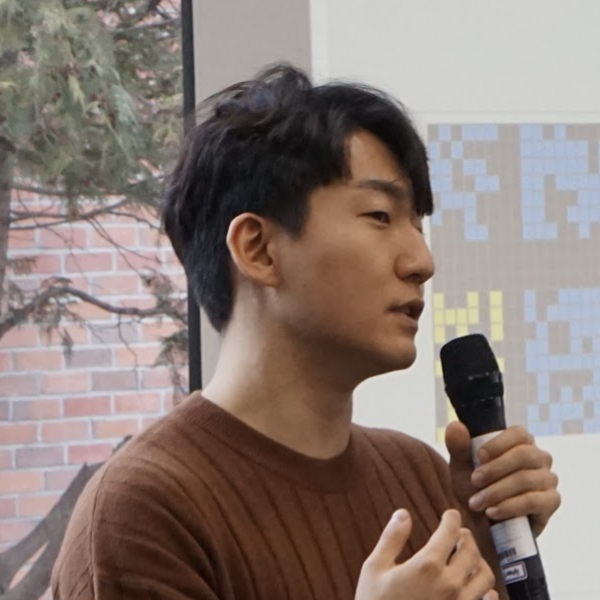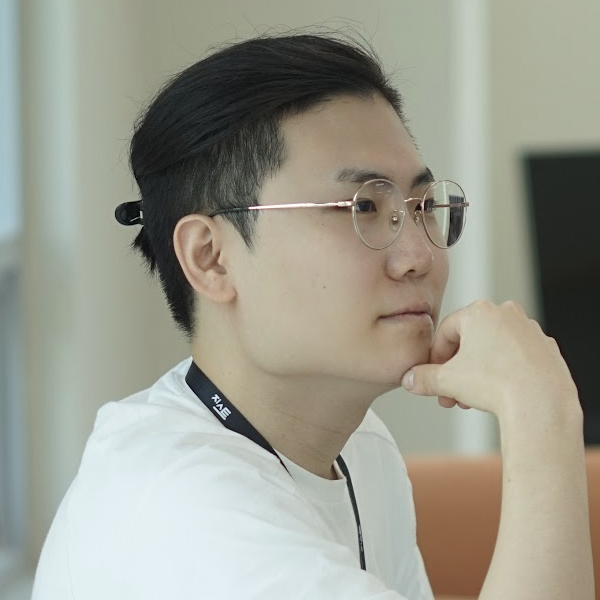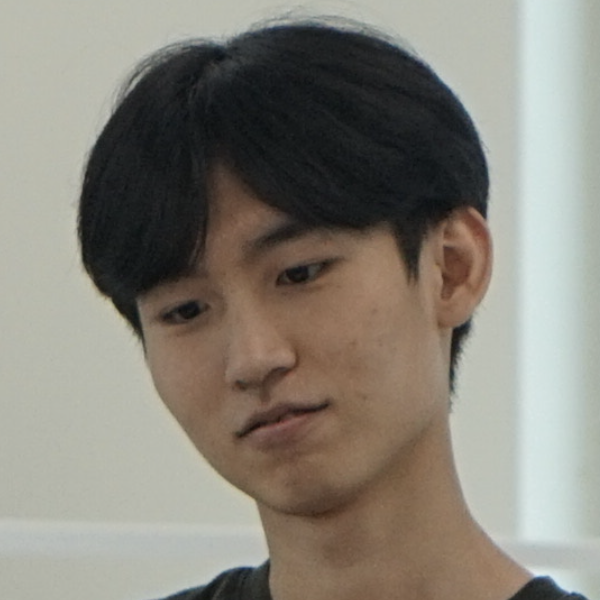Artificial General Intelligence
This course explores theories and methodologies for developing AI systems capable of human-level general problem-solving abilities. Students will study various approaches including large models, program synthesis, meta-learning, representation learning, and neuro-symbolic methods, while examining current research trends in improving abstraction and reasoning capabilities. The course includes practical projects where students design and implement general-purpose AI systems.
- Time: Mon/Wed 2:30pm-4:00pm (Spring 2025)
- Venue: TED-Hall
- Codes: AI6105
- Prerequisites: Students are expected to have solid understanding and hands-on experience on machine learning and deep learning (AI5213, AI5214).
Notice
- HW2 is updated (Due: 6/1)
- Othello: AI strategy is updated, enjoy!
- The semester will begin at 3/3. Enjoy your vacation!
Useful Links
- Access the AI6105 Ed Discussion forum. If you haven’t already been added to the class, use this invitation link.
- Use your full name in the format “Firstname Lastname” with the first letter of each name capitalized (e.g., Sundong Kim).
- Don’t forget to use your valid GIST email address.
- Submit your assignments at the AI6105 Gradescope. Entry code is XGPPWZ. Make sure to enter your correct student ID.
- Use the same name format as for Ed Discussion: “Firstname Lastname” with the first letter of each name capitalized. (e.g., Sundong Kim).
- Make sure to enter your correct student ID and your valid GIST email address.
Syllabus
We don’t have official textbook, but we will cover papers relevant to the topic. Main readings will be based on recent research papers and technical reports in the below syllabus. For some major topics, following the staff’s opening lecture, students will present papers covering recent trends, allowing for in-depth discussion of the subject. [Student Presentation Plan]
Staffs
Communication: The course schedule and all resources will be posted on this course website. All class discussions, announcements and other communication will take place via Ed Discussion. Use the public comments if your question is relevant to the course material. We aim to respond to questions within 2 business days, often sooner. If you need to contact the course staff, please make a private question on Ed instead of sending a personal email. You’re free to visit TAs during office hours.

Sundong Kim
Instructor
QnA: After class (Lecture room) or Ed discussion
Office: AI Building (S7), Room 204

Seokki Lee
TA
QnA: After class (Lecture room) or Ed discussion
Office: AI Building (S7), 1F Metaverse Studio

Jiwon Park
TA
QnA: After class (Lecture room) or Ed discussion
Office: AI Building (S7), Room 208
Homeworks
Submit your assignments at the AI6105 Gradescope.
-
HW 3 will be replaced by in-class write-up in May 12.
-
HW 4 will be replaced by a paper presentation throughout the course, beginning March 26 (Click for details). Students will work in pairs to form 11 presentation teams. While we will provide a curated list of papers for each topic, we encourage teams to suggest their own papers or products related to AGI for presentation.
Gradings
You will earn A if (but not only if) your score is at least \(80\times(1-ε_1)\%\) of the total score, B if your score is at least \(60\times(1-ε_2)\%\), C if your score is at least \(40\times(1-ε_3)\%\), for some \(ε_i ≥ 0\) to be determined later. All participants in the course are evaluated equally, regardless of the course codes.
- Four homeworks (75%)
- HW1 (Othello-strategy): 15%
- HW2 (Othello-intelligent-system): 30%
- HW3 (In-class Write-up): 15%
- HW4 (Student lecture): 15%
Remaining (25%)
Collaboration Policy & Honor Code
Study groups are allowed. It is also OK to get clarification (but not solutions) from books or online resources, again after you have thought about the problems on your own. However, we expect students to understand and complete their own assignments. Each student must write down the solution independently and hand in one assignment per student, which means you write your solution after closing the book and all your notes, without assistance from your colleagues. If you studied together as a group, please cite your collaborators fully and completely at the top of your assignment (e.g., “Junho explained to me what is asked in Question 2.1”). When in doubt about collaboration details, please ask us on Ed discussion.
If elements of two assignments are determined to be clearly very similar (suggesting they were done together or one was copied from the other), or if the content of an assignment is found to be identical or overly similar to specific online sources, the course grade for all students involved in the incident will be reduced by one letter grade for the first offense, and to an F for the second offense. (This applies to both the copy-ers and the copy-ees.) The grade for that assignment will also be reduced to 0. More serious cases of cheating (e.g., cheating on exams) will lead to severe consequences ranging from a grade of “F” in the class to suspension from the University.
Message from the Instructor
As this course is new, the course management may be subject to adjustments, and the workload might be unexpected for some of you. The course deals with the the diverse topics related to AGI, which might be different from what you’re hoping to study.
To get a better grasp of what you’ll learn in this class, I strongly encourage you to browse through the syllabus. It will give you a good overview of the course content and help you decide if this class aligns with your learning goals.
